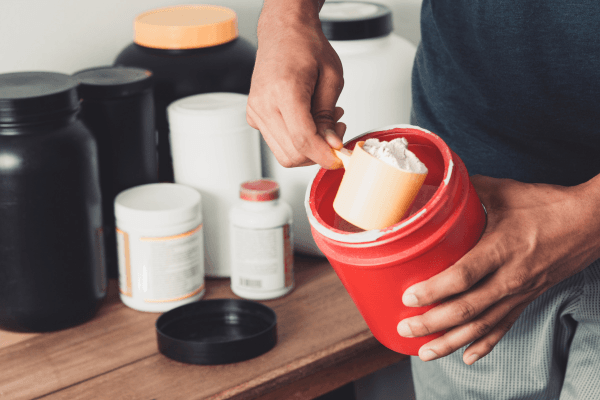Lack of sleep resembles a “credit card debt”. As the debt accumulates, you end up paying a huge amount of interest and eventually your account gets shut down if you do not repay. Similarly, if you deprive yourself of good quality sleep, your body will experience the negative effects before the organs start to malfunction!
What happens when you don’t sleep well?
Think about the days when you did not have a good night’s sleep. You do feel tired, sleepy, irritable and most importantly your relationship with food and drinks changes. Here is what some people may do when they do not sleep well:
- Increase in the cups of coffee and tea.
- Increase in snacking, usually sugary treats like biscuits or cakes.
- Increase in takeaways as you are too tired to cook.
- Avoid going to the gym or reducing physical activity as you seem to have less energy.
- You perceive you are tired and think that you need more energy and consume energy dense food.
As you can see you pay a heavy price for poor quality sleep, which in turn can have a significant impact on your body weight.
Research in adults shows that getting four-hour-sleep a night in comparison to a 10-hour-sleep increases hunger significantly. Moreover, observational studies conducted on children and adolescents suggests that sleep deprivation is closely linked to obesity.
Why do you feel hungry when you are sleep deprived?
There is a continuous neurohormonal talk between your gut and brain. Leptin and ghrelin are the predominant hormones regulating your appetite. Ghrelin is the “go” hormone that tells you when to eat and leptin is the “quit” hormone that tells you when to stop eating. When you are sleep deprived, these hormones do not behave and you may end up feeling very hungry or not feel full even after eating a large meal. In addition, less sleep you have had, you are more likely to be stressed and your body produces more of the stress hormone, cortisol. Cortisol is a form of steroid, which is known to increase your appetite and leads to fluid retention.
Cortisol produced as a result of stress is also known to reduce your “happiness” hormone ‘‘serotonin’’. This leads to anxiety, low mood and unhappiness. The natural tendency is to increase the levels of serotonin in the body by eating food rich in the amino acid tryptophan. Serotonin is made of a protein called tryptophan which is found in meat, cheese and eggs.
So, good sleep is not only crucial for our health but also very important if you are planning to lose weight. Please see below the recommended sleep duration based on your age based on the National sleep foundation.
Recommended sleep duration by age (National Sleep Foundation)
| Age | Recommendation (hours/day) |
| 6-13 years | 9-11 |
| 14-17 years | 8-10 |
| 18-64 years | 7-9 |
| ≥65 years | 7-8 |
Read our blog on how your sleep could be affecting your weight loss here: https://simplyweight.in/could-lack-of-sleep-be-the-reason-youre-not-losing-weight/
Simplyweight’s Specialist Online Weight Loss Plan has been designed to bring decades of clinical experience to people at an affordable price. To learn more, start your 7-day free trial today: https://app.simplyweight.in/subscribe/free-trial




